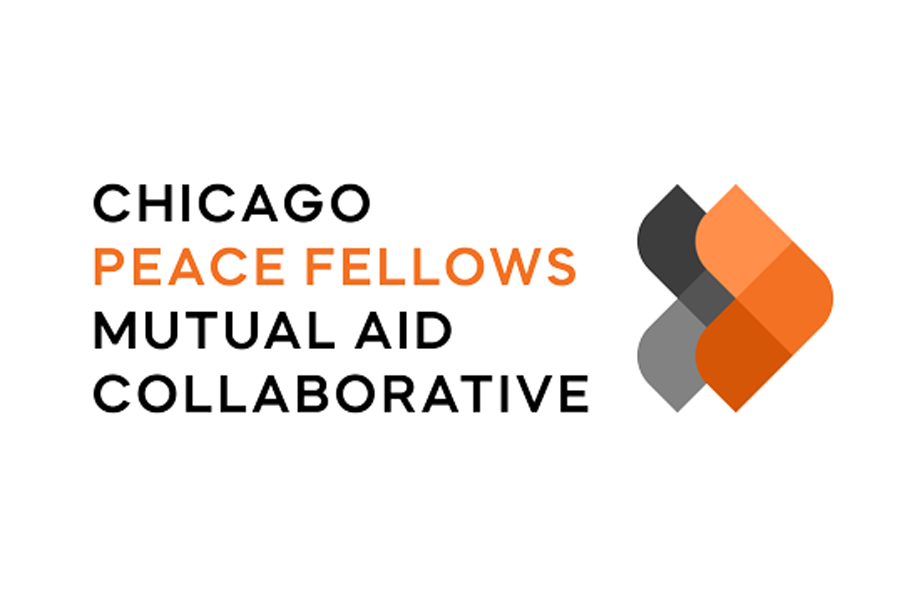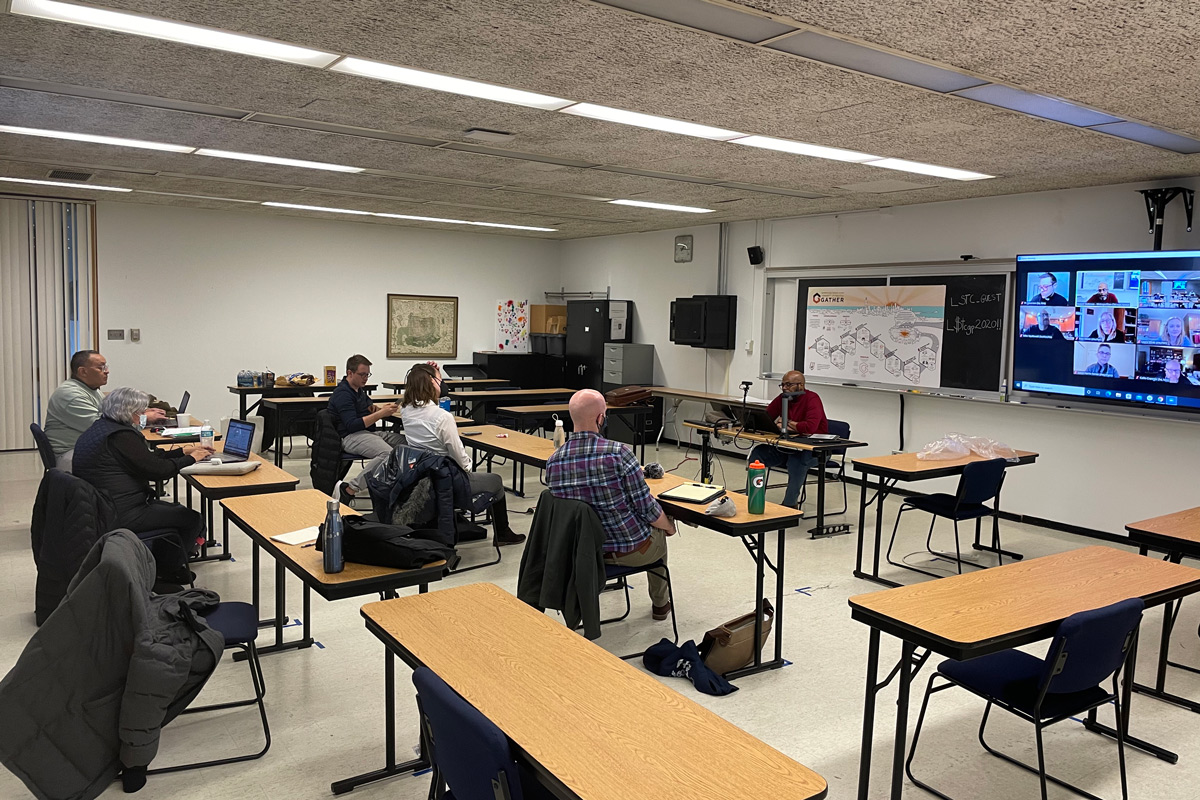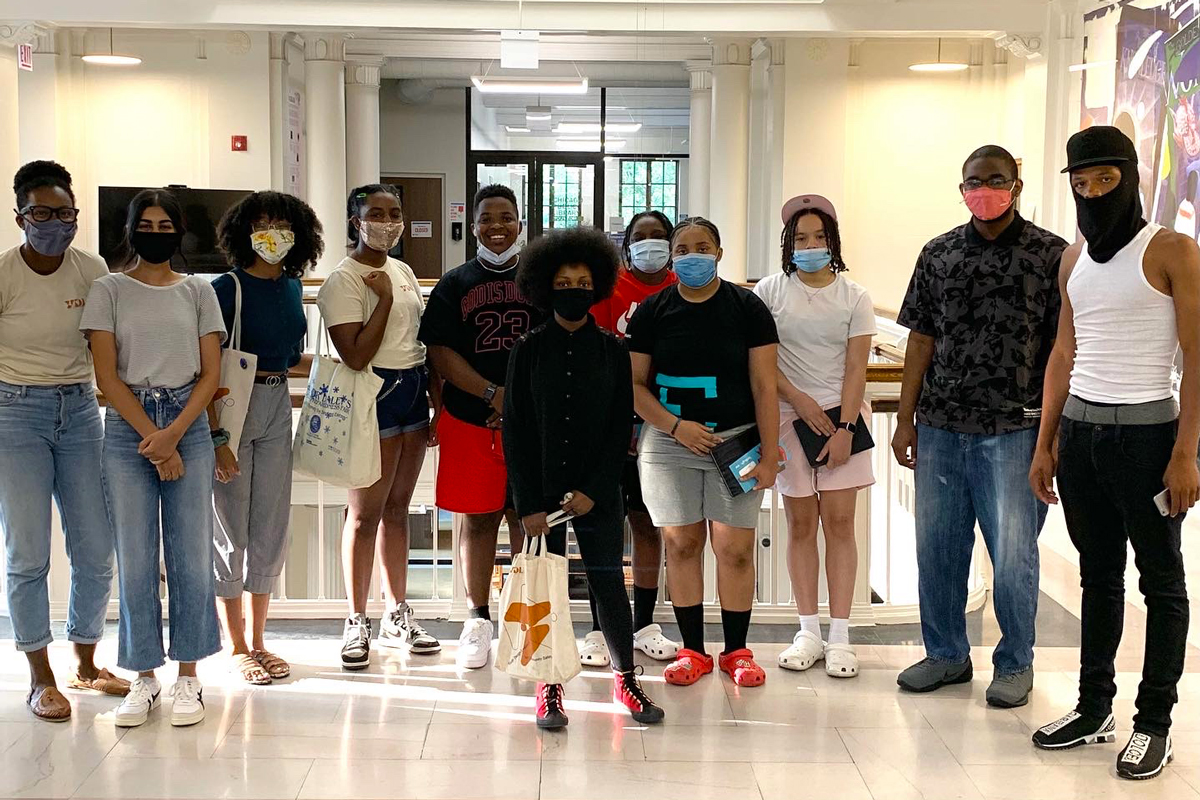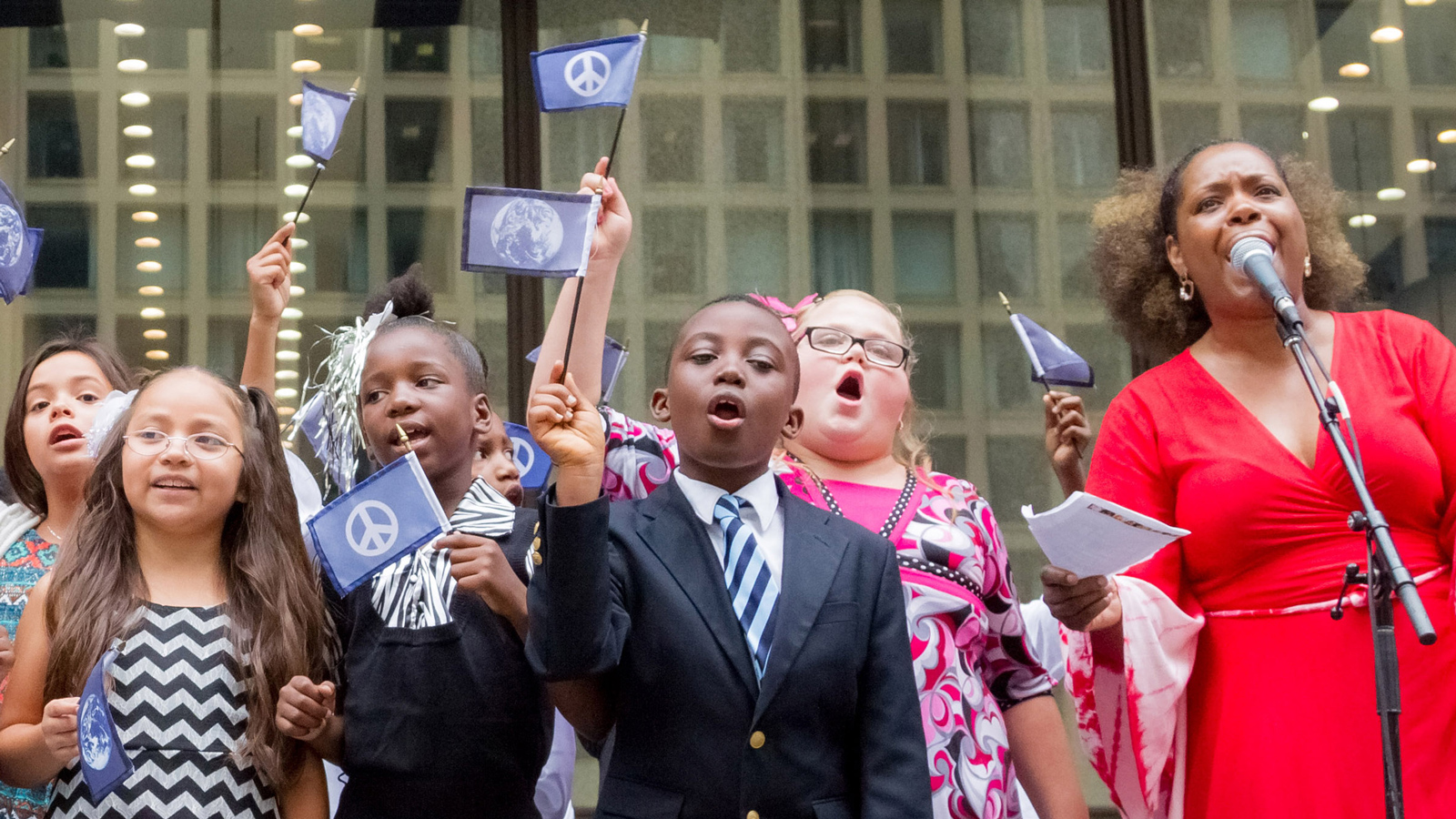It has been a busy summer for us at the Goldin Institute! Visits from global advocates, interviews with local community leaders and progress with our partners around the globe have kept us moving forward both locally and abroad. We are thrilled to share this latest update with news from our recent work on the ground in Uganda and Zanzibar.
Watch a brief video overview of this newsletter:
Uganda
In June, Diane and Travis travelled to Uganda to participate in a training led by our Global Associate Lissette Mateus Roa from Colombia. Lissette trained our partners in Uganda to use the ESPERE methodology. Developed in Colombia, the methodology is designed to engage the local community by using schools as centers for reconciliation for former child soldiers in the region.
The training took the form of an intensive eight day workshop wherein program participants learned about strategies to promote forgiveness and reconciliation and obtained tools to carry these ideas forward within their community. Sixteen individuals—including child combatants, teachers, counsellors and community members—from five different regions of Northern Uganda participated in the training.
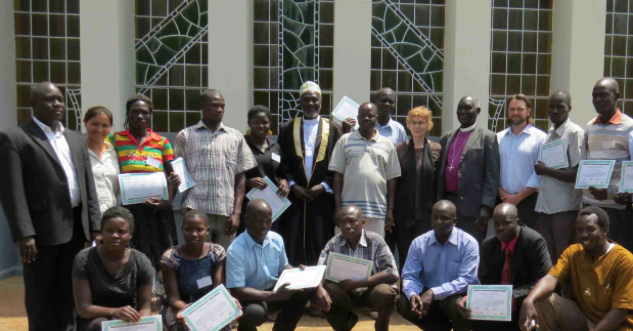
From theoretical to tangible, the workshop began by developing the concepts that would lay the foundation for communities to reintegrate former combatants and develop resiliency against the practice in the future. Language barriers, cultural differences and preconceived notions quickly dissolved as the ESPERE program took root with participants and it became clear that the need for forgiveness and reconciliation, especially towards young combatants, is universal.
The first three days deconstructed the idea of forgiveness and what it means to forgive. Beyond verbally saying the words "I forgive you," workshop attendees learned that forgiveness requires tools, engaged with a thoughtful process, to fix problems that arise for both victims and perpetrators. In addition to a cultural perspective, forgiveness was presented through an academic and practical viewpoint, connecting with all participants in ways that honored and enhanced their personal and communal affiliations. Participants explored ways that forgiveness is instrumental in mending the societal fabric tattered by conflict. Over the next two days, participants were guided through approaches to reconciliation that highlighted the need for an individual to think about the bonds they are trying to fix and identify the terms on which a newly reconciled relationship can function. During this session, surprising connections occurred between everyone in the room. Even though the scars of war were etched in the hearts and minds of both participants and trainers coming from very different circumstances and regions, everyone shared the desire to return to a peaceful community without hostile relationships.
On the sixth day of the workshop, program participants now equipped with the conceptual foundation of forgiveness and reconciliation went through a "train the trainer" session. Lissette taught program participants the methodology behind the ESPERE program so they are able to lead the reintegration program themselves. Finally, the last two days of the program leveraged what was learned and developed plans to put this knowledge into practice. Program participants met with former child soldiers and created action plans based on their insights and aspirations. Speaking with former child soldiers allowed program participants to understand their needs through the new lenses of forgiveness and reconciliation. The first-hand perspectives of the former child soldiers also informed participants about gaps in their society that they could address. The attendees and eventual graduates put together action plans to concretely outline their next steps to carry forward the tools and knowledge gained in the workshop for an outcome that was beneficial and sustainable for their community.
Action plans created by program participants consisted of strategies to train between 15- 90 individuals of varying backgrounds on the ESPERE program throughout the Northern conflict zone of Uganda. By engaging former child soldiers, formerly abducted women, students and survivors of violence, the ESEPRE program will carry forward the idea of forgiveness and reconciliation with the aim of bringing peace to the community. The Goldin Institute is looking forward to partnering with these program participants who will lead community driven social change for reintegration.
Zanzibar
Following the training in Uganda, Travis and Diane headed to Zanzibar for a three-day Peace Camp hosted by our colleagues at the Arigatou Foundation and the Global Network of Religions for Children, an international interfaith network dedicated to securing the rights and well-being of children worldwide.
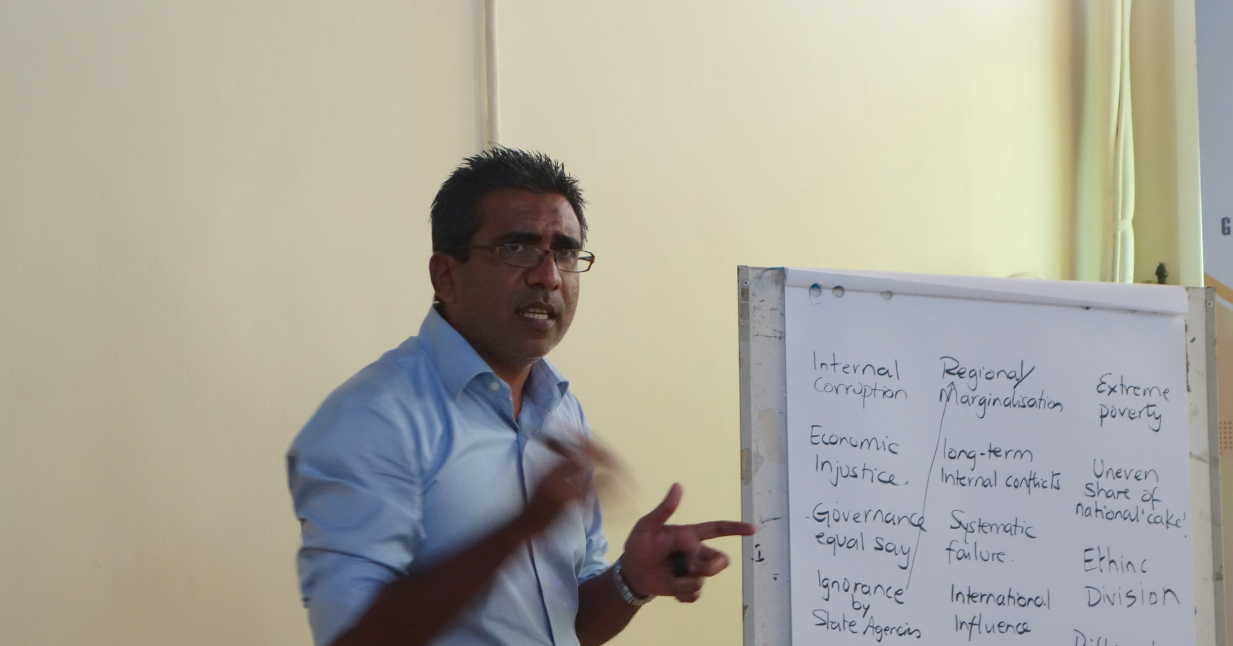
The event had youth participants from Kenya, Rwanda, Somalia, Sudan, Tanzania and Uganda. Each of these countries have experienced conflicts fueled by violent extremism. The Camp provided youth with the opportunity to share their experiences and come up with solutions that can prevent violent extremism, especially amongst the youth. Our partner from the Arigatou Foundation, Dr. Mustafa Y. Ali, convened this group of youth peace ambassadors from throughout the Horn of Africa region and facilitator Belall Maudarbux trained them in new approaches to stop the growing trend towards violent extremism in the region. Based on our work in Uganda and Zanzibar, the Goldin Institute is excited to expand our partnership over the coming months to scale up this youth peace ambassadors program throughout our network.
Haiti
Recently, KOFAVIV co-founder and 2012 CNN Hero of the Year Malya Villard-Appolon was in Chicago to update us on her work to provide social and legal support and combat sexual violence against women and girls in Haiti. While she was here, she courageously shared her story in a taped segment that aired on National Public Radio's Worldview program as part of a show dedicated to current issues in Haiti. In addition to the interview with Malya about her efforts to stop sexual and gender based violence in Haiti, the hour-long program included a live panel discussion on the latest legal proceedings to hold the U.N. accountable for the cholera epidemic in Haiti.
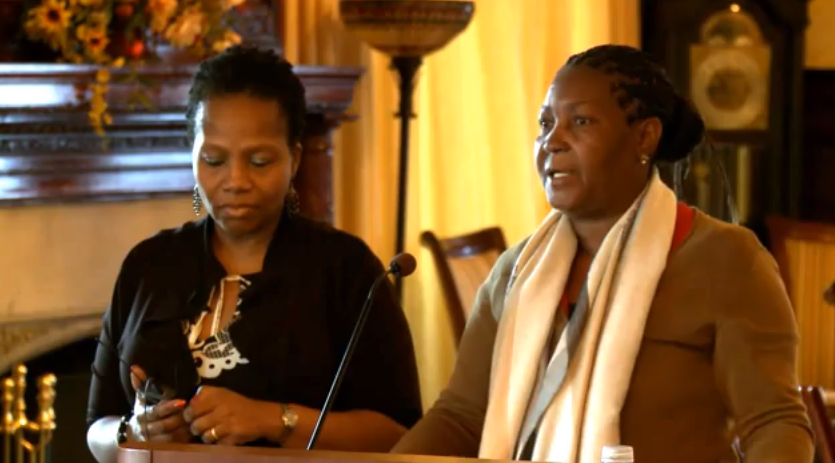
A Look Forward
Watch our next newsletter for an exciting progress update from our partners in the Philippines and an exciting new online initiative that will profile innovative grassroots leaders and initiatives from around the world.
If you have suggestions of individuals who may want to receive this e-newsletter or stories you think we should tell, please contact us at This email address is being protected from spambots. You need JavaScript enabled to view it.

